Cutting, distorting, and shortening the statements of artists to attract attention and controversy on social networks happens quite often. This not only affects the reputation of the artist but also causes a part of the public to misunderstand and view the information in a negative light.
Associate Professor, Dr. Bui Hoai Son, Standing Member of the National Assembly's Committee on Culture and Education, shared with VTC News reporter about this issue.
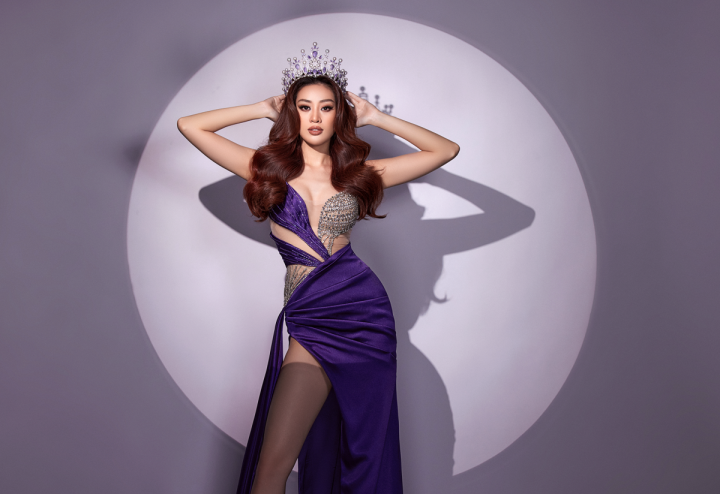
Miss Khanh Van spoke out indignantly when her statement 3 years ago was cut due to misleading content.
- Miss Khanh Van had to speak up because her statement 3 years ago was cut, changing the original nature and easily creating misunderstandings . Previously, many artists and famous people encountered similar situations. In your opinion, why do famous people often encounter this problem?
Because celebrities are public figures, they often receive a lot of attention and follow-up, especially in today's age of information technology development.
Some people take advantage of this to cut and distort their statements and then post them on their personal pages as a form of fame. They want to attract readers, viewers, and followers to their personal pages, thereby serving economic purposes, increasing advertising revenue, or other personal purposes.
I think that this way of cutting and distorting is really not appropriate, not right, not in accordance with social ethics, and certainly needs to be condemned to avoid causing other harmful consequences for individual artists, celebrities as well as society as a whole.
- In your opinion, to what extent does this situation occur on social networking platforms?
From what I see, the situation of cutting and distorting statements is happening more and more, and the level is getting more and more serious, especially when social networks are becoming more and more popular and sanctions on these spaces are not enough to strictly handle and set an example for wrongdoings.
I think that the situation of cutting and distorting the statements of artists happens quite often for many reasons. One of the main reasons is to attract attention and increase views and interaction with the audience, because that attention will bring revenue to the websites and pages posting the news. In addition, the situation of cutting and distorting statements can also come from those who want to negatively affect a certain artist, with the aim of destroying their reputation or attracting attention to themselves.
Cutting and distorting statements is incorrect, violates privacy and affects the artist's reputation.
Associate Professor, Dr. Bui Hoai Son
Sometimes, there are cases where the statements of artists are misunderstood and edited or distorted when reported. However, editing and distorting statements is incorrect, violates the right to privacy and affects the reputation of the artist, more broadly, disrupts the artistic environment, the entertainment market, and negatively affects the public's ethical behavior.
It is worth noting that not only websites and fan pages but also some prestigious and influential people on social networks also choose to cut and distort statements to attract attention or for bad purposes. This is incorrect and not in line with the professional ethics of these people.
All of this makes us more concerned about the ethical responsibilities of artists and celebrities towards their work and towards society. We need to deal with it as soon as possible to restore the purity of the cultural environment of society because any evil, no matter how small, can corrupt the common moral values of society.
- Can you analyze the effects of cutting and distorting the statements of famous people?
My view is that cutting and distorting statements is incorrect and is an act that causes a lot of negativity. It violates the privacy of the artist or person being quoted, and can cause damage to their reputation and credibility.
Additionally, the spread of misinformation can also have a negative impact on the community, especially on audiences who trust the accuracy and honesty of those who are considered to have a voice on social media.
On the other hand, those who deliberately cut and distort other people's statements, when discovered by the public, will also have to pay a high price. The public will no longer trust them. Their reputation will be greatly reduced.
Therefore, the above actions only bring harm, not any benefit, to the spokesperson, the person distorting the statement, or the public.
Everyone needs to adhere to professional ethics and be honest in reporting and quoting statements. If there are misunderstandings or problems in the process, they need to correct them early and publicly announce them to the media to avoid causing controversy and negatively affecting the artist's reputation.
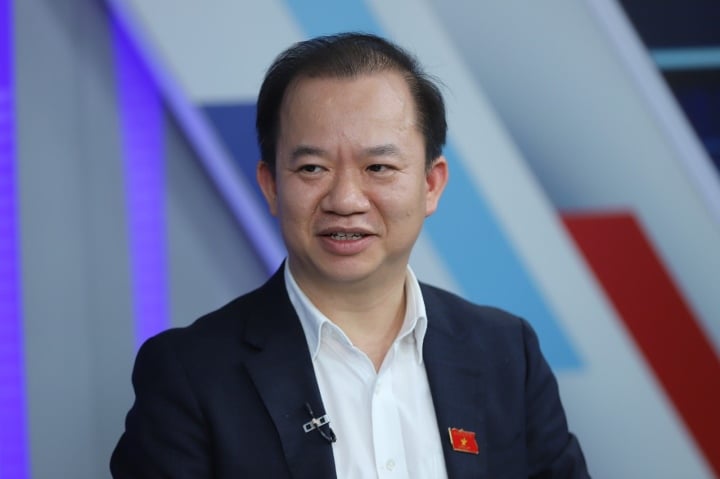
Associate Professor, Dr. Bui Hoai Son, Standing Member of the National Assembly 's Committee on Culture and Education.
- From a legal perspective, how are the cutting, pasting, and distorting of artists' statements handled?
Experience in some countries shows that the manipulation and distortion of artists' statements is considered a violation of the law and can lead to civil or criminal penalties.
For example, in the United States, for the media, cutting and distorting the statements of artists can be considered a violation of copyright, false information and defamation laws. If this violation leads to serious damage to the injured person, they can sue this act in court to recover the damage.
Similar legal bases apply in some other countries. However, it should be noted that specific regulations and penalties will vary depending on the regulations of each country.
In our country, the editing and distortion of artists' statements can be handled according to the laws on copyright, false information, and crimes of damaging the reputation, honor, and dignity of individuals and organizations.
According to Article 225 of the 2015 Penal Code, amended and supplemented in 2017, anyone who, without the permission of the copyright or related rights owner, commits one of the acts of infringement of copyright or related rights protected in Vietnam on a commercial scale or for illegal profit will be subject to criminal prosecution.
In addition, according to the Law on Advertising, advertising activities are not allowed to use images, words, or writings of individuals without their consent, unless permitted by law.
In case of using false images; with the aim of insulting the honor, dignity and reputation of others on social networks; it will violate point e, clause 3, Article 102 of Decree 15/2020/ND-CP. Accordingly, a fine of from VND 10,000,000 to VND 20,000,000 may be imposed; for the act of "Collecting, processing and using information of other organizations and individuals without consent or for purposes other than those prescribed by law".
Regarding civil liability, Clause 3, Article 34 of the 2015 Civil Code stipulates: “Information that negatively affects the honor, dignity, and reputation of an individual and is posted on any mass media must be removed or corrected by that mass media. If this information is kept by an agency, organization, or individual, it must be destroyed.”
Clause 5 of this article stipulates that “individuals whose honor, dignity, and reputation are adversely affected by information, in addition to the right to request the rejection of that information, also have the right to request the person providing the information to apologize, make a public correction, and compensate for damages.”
This shows that we are very strict with this wrongdoing and have a legal framework to handle violations. We need to handle it seriously, setting an example so that these phenomena can be handled more thoroughly, bringing positivity to the cultural environment of society.
Le Chi
Useful
Emotion
Creative
Unique
Source


![[Photo] Panorama of the cable-stayed bridge, the final bottleneck of the Ben Luc-Long Thanh expressway](https://vphoto.vietnam.vn/thumb/1200x675/vietnam/resource/IMAGE/2025/9/30/391fdf21025541d6b2f092e49a17243f)
![[Photo] President Luong Cuong receives President of the Cuban National Assembly Esteban Lazo Hernandez](https://vphoto.vietnam.vn/thumb/1200x675/vietnam/resource/IMAGE/2025/9/30/4d38932911c24f6ea1936252bd5427fa)
![[Photo] The 1st Congress of Phu Tho Provincial Party Committee, term 2025-2030](https://vphoto.vietnam.vn/thumb/1200x675/vietnam/resource/IMAGE/2025/9/30/1507da06216649bba8a1ce6251816820)

![[Photo] General Secretary To Lam, Secretary of the Central Military Commission attends the 12th Party Congress of the Army](https://vphoto.vietnam.vn/thumb/1200x675/vietnam/resource/IMAGE/2025/9/30/9b63aaa37ddb472ead84e3870a8ae825)
![[Photo] Solemn opening of the 12th Military Party Congress for the 2025-2030 term](https://vphoto.vietnam.vn/thumb/1200x675/vietnam/resource/IMAGE/2025/9/30/2cd383b3130d41a1a4b5ace0d5eb989d)






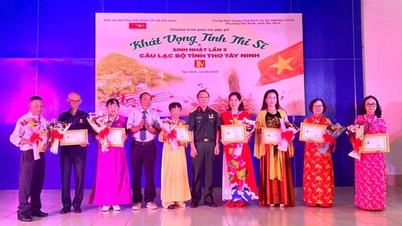

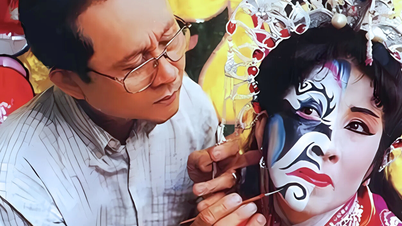


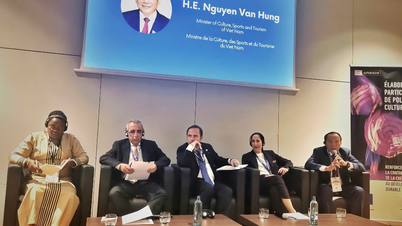

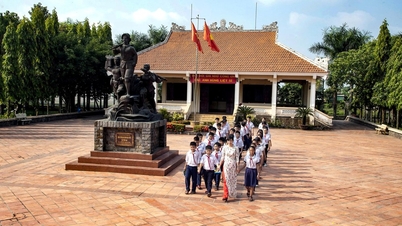



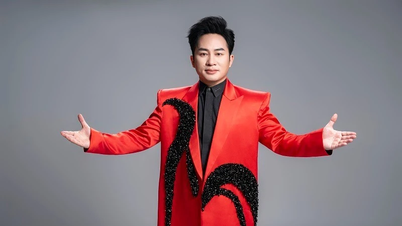

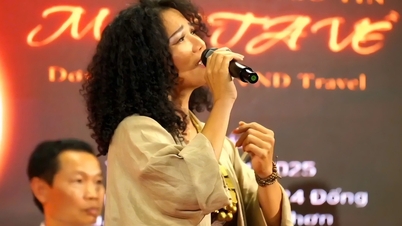






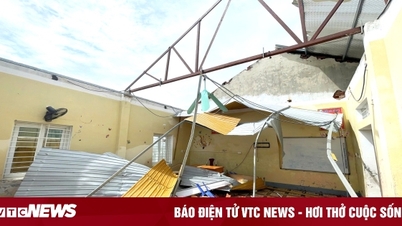
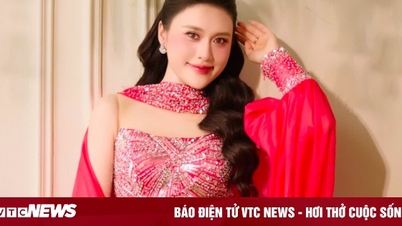
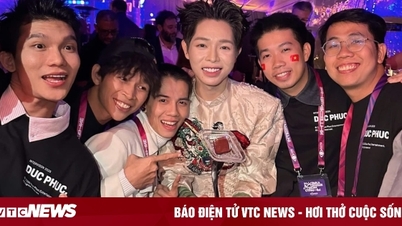
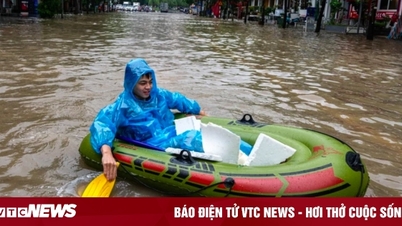
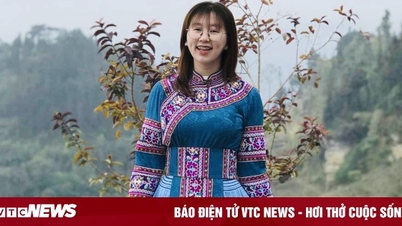












































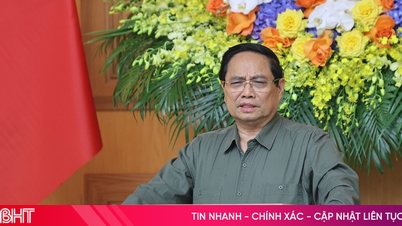



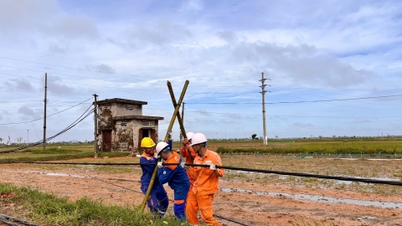

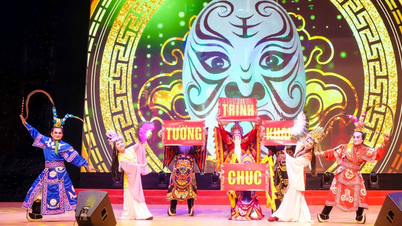












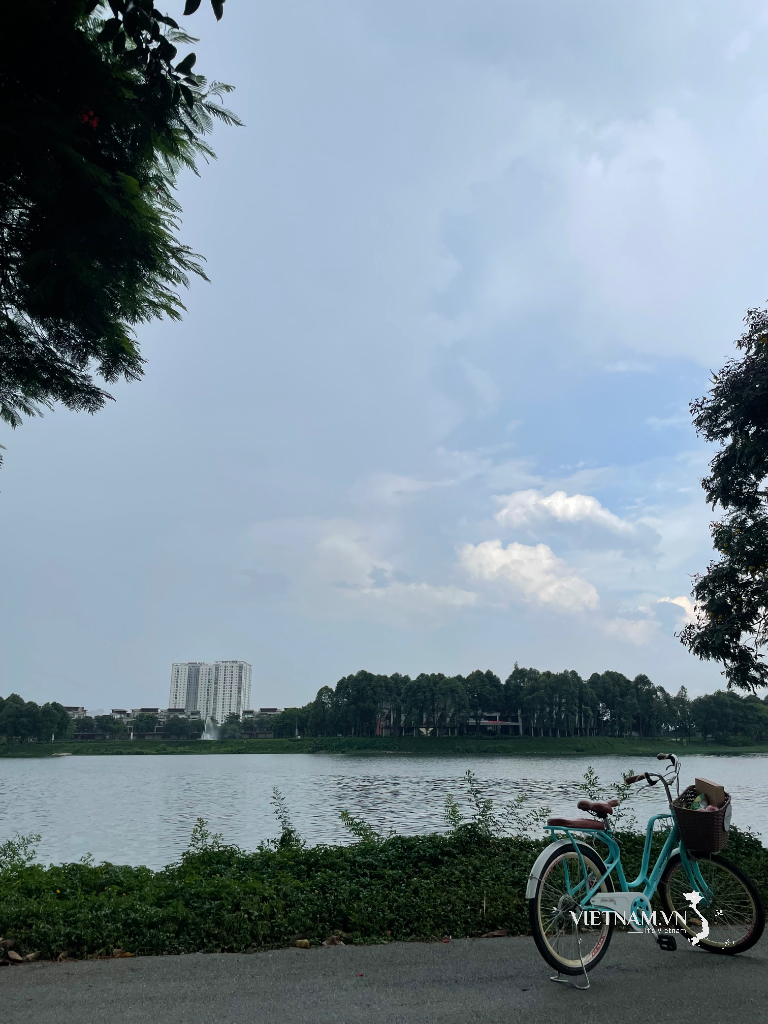


Comment (0)